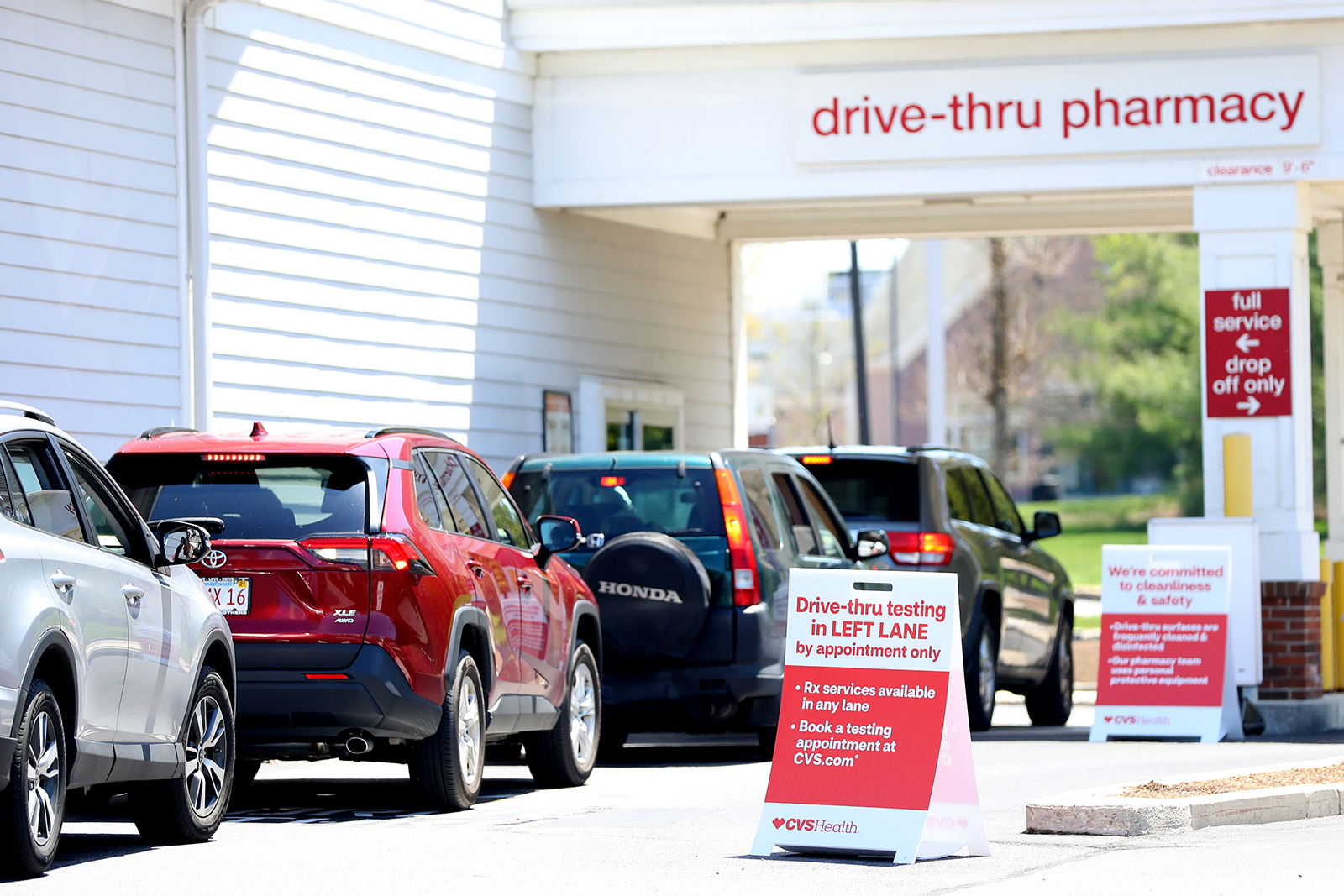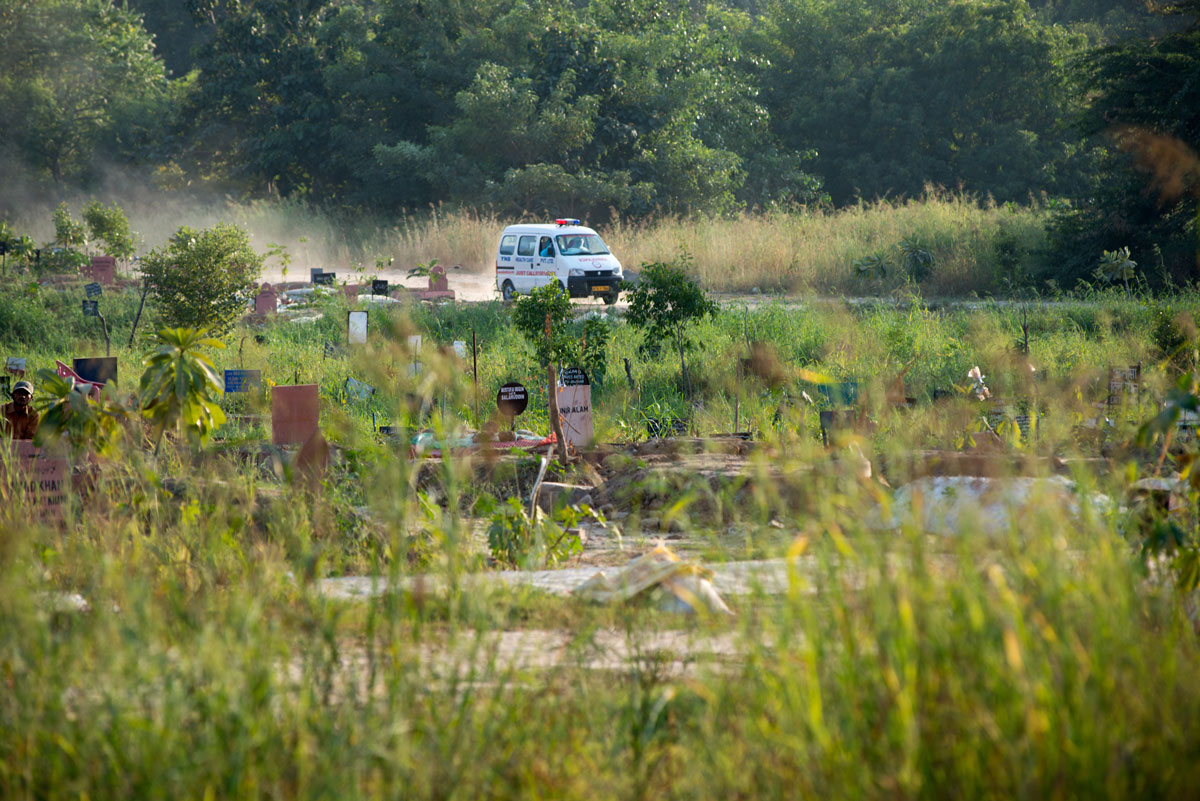Hispanics and Black Americans are dying at a disproportionate rate due to Covid-19, a new report from the US Centers for Disease Control and Prevention found.
The study published Friday in the Morbidity and Mortality Weekly report looked at the shifting demographics of deaths from the pandemic over the summer.
Between May and August, 114,411 Americans lost their lives to Covid-19. Elderly White men were among the largest number of deaths.
But Black people accounted for nearly 18% of the deaths in this time period, despite making up just 12.5% of the US population. Hispanics accounted for more than 24% of deaths, but make up 18.5% of the population.
The demographics started to shift in the summer. The percentage of Hispanics who died increased from 16% to more than 26% of overall deaths between May and August, while the proportion of those who died who were White or Black decreased.
The CDC said that there was a geographic shift in deaths. The highest concentration of deaths early in the pandemic were in the Northeast, but the numbers shifted West and Southward. The geographic difference, though, can’t account for the increase in the percentage of deaths among the Hispanic community, the CDC said.
Researchers think the pandemic has been harder on the Hispanic community because they may have had a higher exposure to Covid-19 due to their work. Hispanics also are more likely to live in multifamily households or live with many generations in one family, making it hard to social distance.
Nearly a quarter of all the deaths in the pandemic have been in places where people live in group settings at a nursing home or long-term care facilities. Many of those deaths happened early on in the pandemic. But as nursing homes stopped allowing outside visitors and were more aggressively testing residents and isolating those who were sick, those deaths have slowed down and there has been a shift toward younger and noninstitutionalized populations over the course of the pandemic.
To limit the spread of the disease, the CDC continues to recommend people use face coverings, wash their hands frequently, keep physical distance from others and avoid large gatherings.







